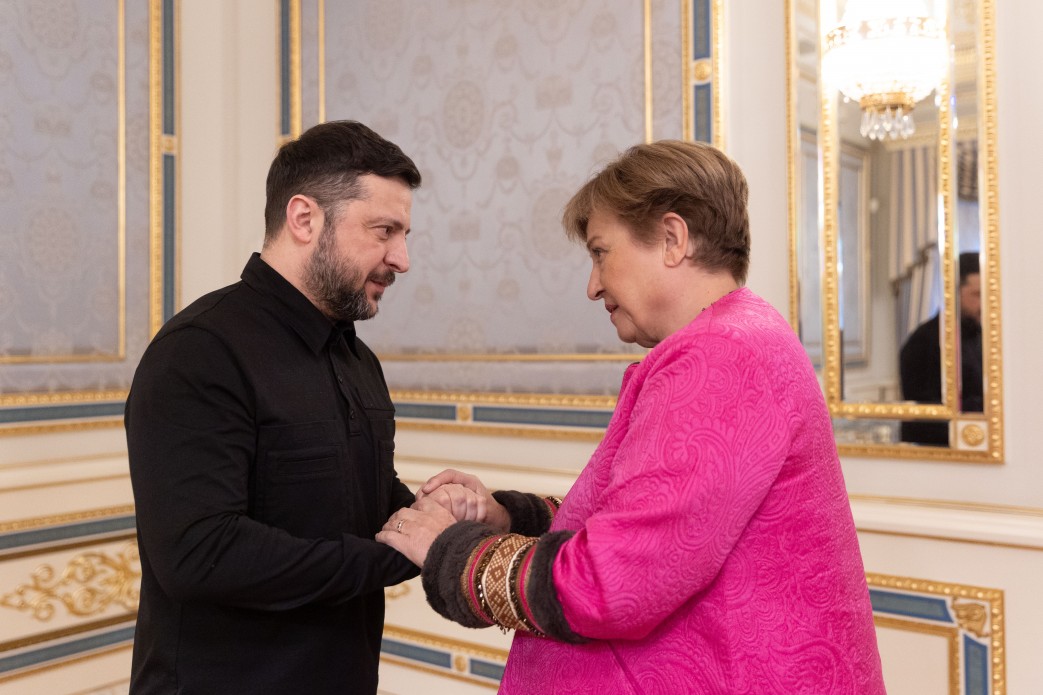Main image: Damen Shipyards in Gorinchem
Russian shipyards have received hundreds of European components for building fishing vessels designed by the Dutch shipbuilding company Damen Shipyards. This occurred despite EU sanctions imposed after the start of the war in Ukraine, as writes NL Times.
Through intermediaries in Turkey and Hong Kong, Russia reportedly bypassed the sanctions to source parts for Damen’s crab-fishing vessels. Import data suggests that at least some of these components originated from Damen or were sourced through its supply chain.
However, the company claims that it stopped direct deliveries to Russia in 2022 and complies with all sanctions.
In 2023, Damen stated that it included penalty measures in contracts to prevent re-export to Russia and checked its shipments through Dutch customs.
However, Dutch customs, which conducted the inspection, concluded that there might have been violations. Sources within customs reported signs of illegal export of components used in fishing vessel construction. The Dutch prosecutor's office is now deciding whether to hold the company accountable.
The investigation revealed that components from three European manufacturers, including the German ship propeller manufacturer Schottel, were sent to Russia via intermediaries. Schottel confirmed that its products were delivered exclusively to Damen and demanded an explanation from the company. Dutch air-conditioning supplier Heinen & Hopman, on the other hand, expressed doubts about the accuracy of the data regarding re-export.
The components were used in Damen's "Project 5712" – a program to modernize the Russian fishing fleet. Vladimir Putin previously called this program strategically important for Russia. Initially, Damen supplied all components, but after sanctions were imposed, intermediary functions were taken over by companies Yamac Shipping from Turkey and FM Corporation from Hong Kong. Both companies emerged shortly after the sanctions were implemented, and their activities are suspicious due to a lack of transparency.
Experts note that companies are obliged to prevent any indirect supplies to sanctioned countries. However, the investigation revealed patterns indicating possible circumvention of sanctions. Analytical company Sayari pointed out that parts with the same specifications began arriving in Russia through newly established companies in Turkey and China right after the Dutch deliveries ceased.
Damen acknowledges that its subsidiary in Russia continues to operate, citing difficulties in exiting the Russian market. However, the question of whether the company has taken sufficient measures to prevent sanction circumvention remains open.




















